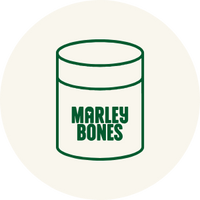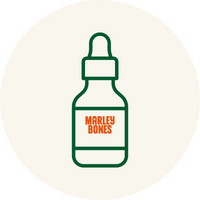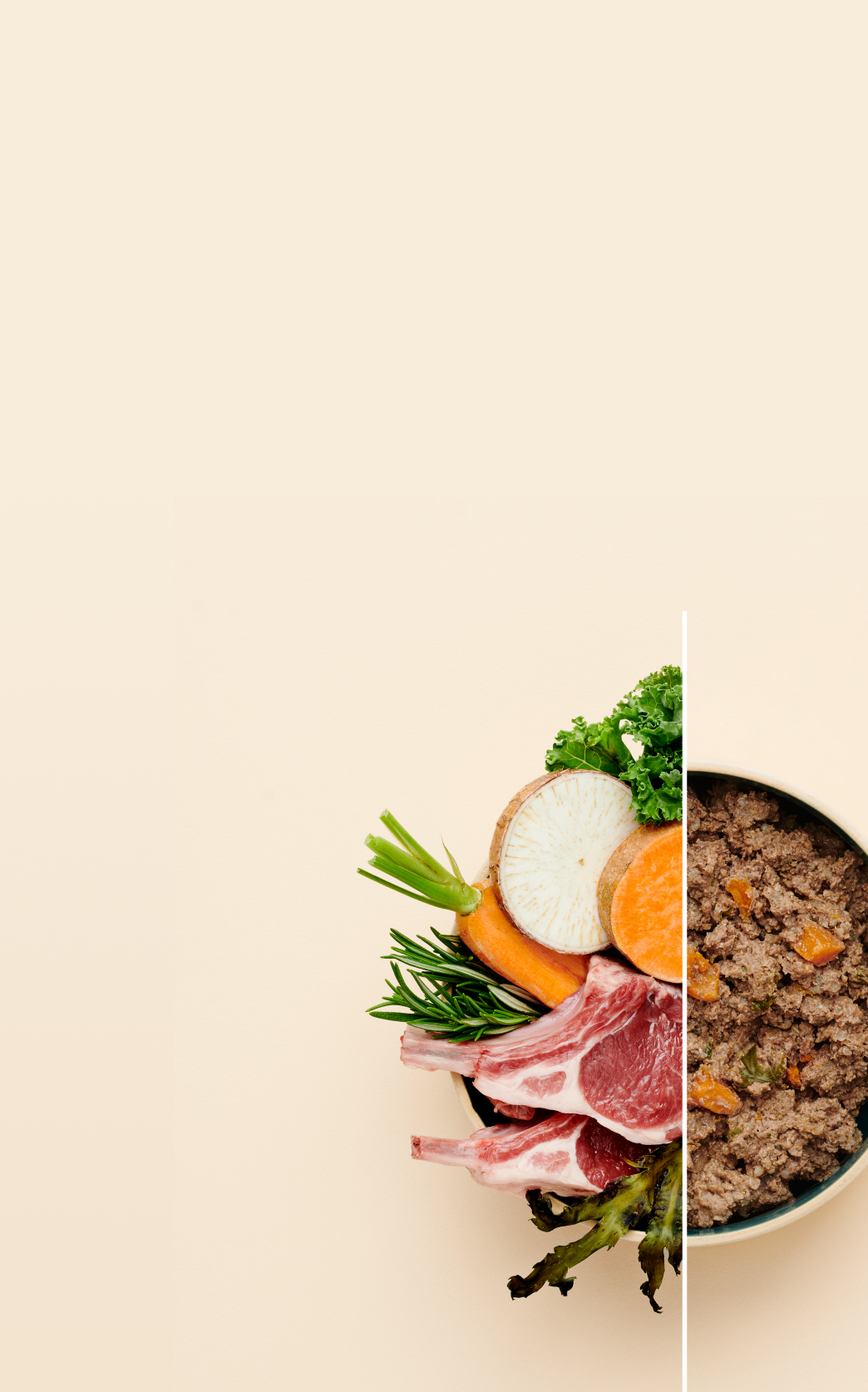Can Dogs Eat Turkey? The Do's and Don'ts
Can Dogs Eat Turkey? Understanding the Do's and Don'ts of Feeding Fido
Turkey can be a healthy source of protein for dogs, but there are some factors to consider.
It's essential to ensure the turkey is cooked and free from any added seasonings, garlic, onions, or bones that could be harmful to your pet. These ingredients and items, often found in turkey dishes prepared for humans, can be toxic to dogs or pose a risk of injury.

Turkey bones can splinter quite easily, therefore it’s essential to remove all bones to avoid causing internal injuries or obstructions in the gastrointestinal tract.
Turkey skin should also be removed, since it’s high fat content can be very difficult to digest for dogs. However, once the skin is removed, certain cuts of turkey meat such as the breast and the thigh are extremely low fat. Therefore, while turkey with skin should never be part of the feeding regime of dogs that require a low fat diet, whether due to pancreatitis, protein-losing enteropathy or other causes, turkey without skin is a valid source of lean protein for these animals.
Overall, turkey meat is quite similar to chicken meat - an option that we offer at Marleybones in one of our freshly prepared meals. If you want to add to your dog diet some extra pieces of turkey as a snack, for example to be used during training sessions, remember that
There are a few considerations to keep in mind when offering turkey to your dog. First, it's important to remove all bones, as they can splinter and cause internal injuries or obstruct your dog's gastrointestinal tract. Additionally, turkey skin should be avoided, as it contains high fat content that may be difficult for dogs to digest and can lead to pancreatitis. Lean cuts of turkey are the safest option. Finally, an abrupt change in diet or the introduction of new foods can cause gastrointestinal upset in some dogs, so it's always a good idea to incorporate new foods gradually into your pet's diet.
Key Takeaways
- Turkey can be a safe and healthy treat for dogs if served plain and cooked.
- Remove all bones and avoid turkey skin to prevent potential health issues.
- Introduce turkey into your dog's diet gradually to avoid digestive upset.
Basic Info On Turkey

Turkey is a popular protein source that can be included in your dog's diet, but it's important to serve it properly. This section breaks down key aspects to consider when feeding turkey to your dog.
Can Turkey Be Good For Dogs?
Feeding your dog turkey can provide valuable nutrients, as it is rich in protein and low in fat, making it a healthy meat choice for dogs. It is important to ensure that the turkey is cooked and served without any added spices, seasonings, or sauces which could be harmful to your dog. You should also avoid feeding your dog turkey ham or any other deli meats. These tend to be heavily processed, with a high content of sodium, as well as preservatives that can cause stomach upset in dogs.
-
Healthy Components:
- High-quality protein
- Vitamins B3, B6, B12
- Phosphorus
- Selenium
- Zinc
-
Note: Always remove skin and excess fat to prevent digestive upset and potential health issues.
How Much Turkey Can A Dog Eat?

The amount of turkey suitable for a dog depends on the dog's size, age, and overall health. As with any new food, it should be introduced slowly and in small quantities to avoid gastrointestinal issues.
-
Guideline Table for Turkey snacks:
|
Dog Size |
Suggested Turkey Amount per Week |
|
Small |
1 to 2 small slices |
|
Medium |
2 to 3 medium slices |
|
Large |
3 to 4 large slices |
This table is a general guide; consult with a veterinarian for specific dietary advice tailored to your dog's needs. Remember that the sum of all the snacks your dog receive during the day should not constitute more than 10% of his daily caloric intake.
Should I Let My Dog Chew A Turkey Bone?
It is generally unsafe to let your dog chew on cooked turkey bones. Cooked bones can easily splinter and cause choking or serious damage to your dog's mouth, throat, or intestines.
- Bone Safety:
- Never give cooked bones: They can splinter and cause harm.
- Alternatives: Provide specially designed toys or treats that satisfy your dog's chewing instinct safely. Dental treats like this can also help maintain your dog’s oral health.
Can Dogs Be Allergic To Turkey?
Allergy to turkey in dogs is rare, but possible. The most common symptoms include diarrhea and dermatological issues, such as itchy skin and skin rashes.
Allergy to turkey can develop over time, as a consequence of repeated exposure to the allergen. However, if your dog suffers from symptoms after consuming turkey, is much more likely that they are suffering from a non-immunomediated adverse reaction to food rather than a proper immunomediated food allergy. This means that it is the low quality of that food containing turkey that caused the health issues rather than the turkey allergen per sè. If instead you are feeding your dog high-quality slices of turkey breast or other premium cuts of meat and your dog has symptoms due to this, then an allergy is more likely, and you should consult your veterinarian to discuss the next steps.







